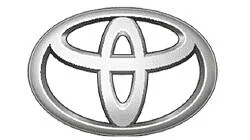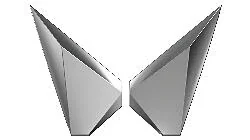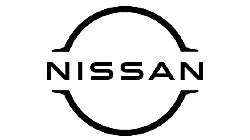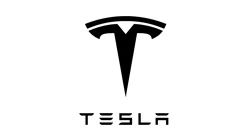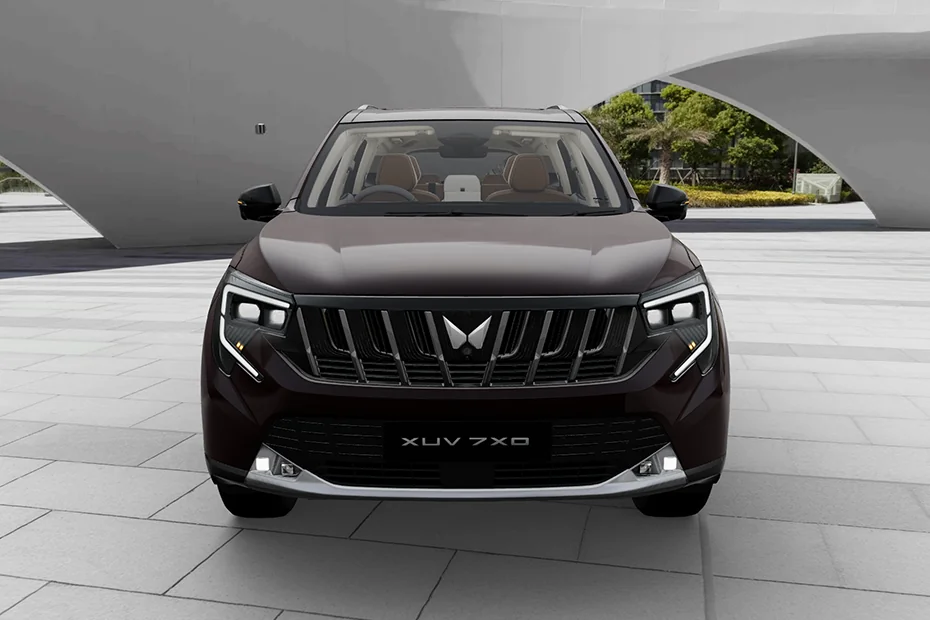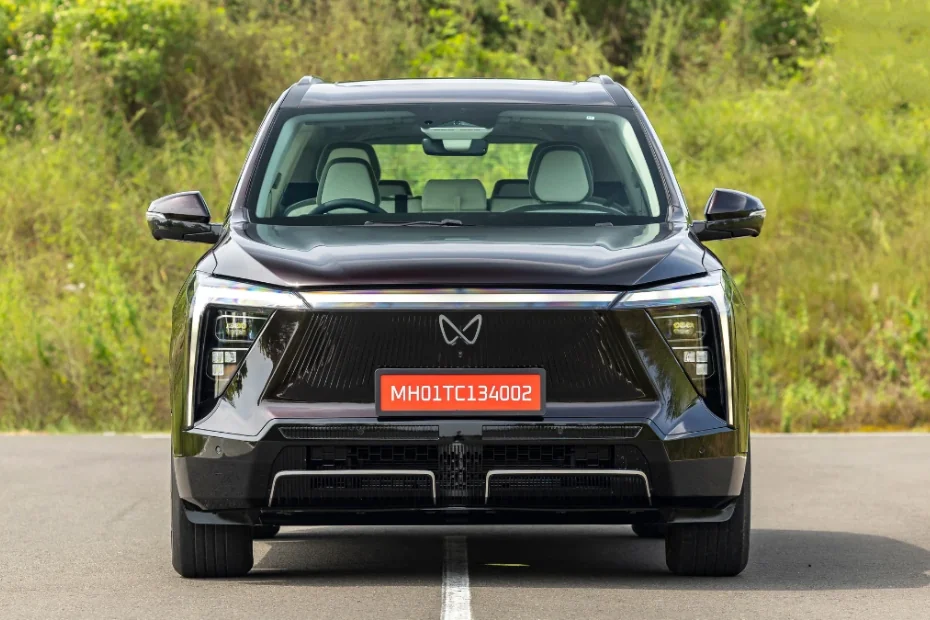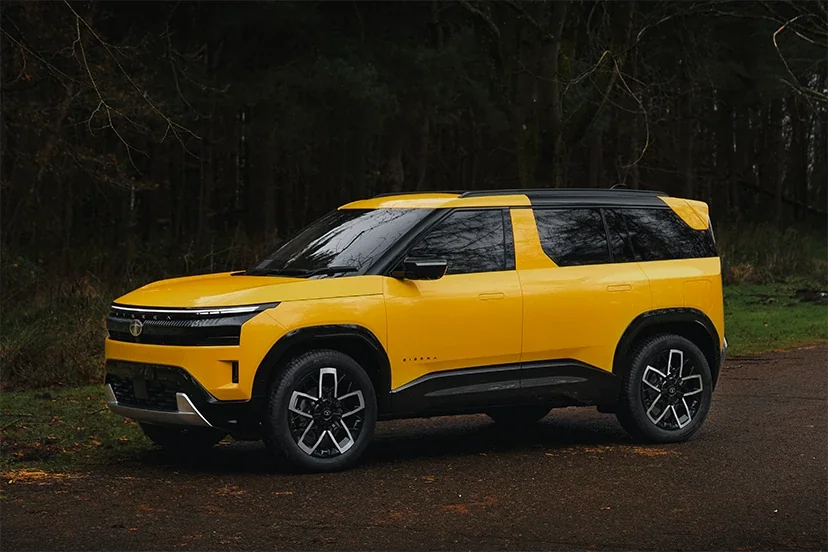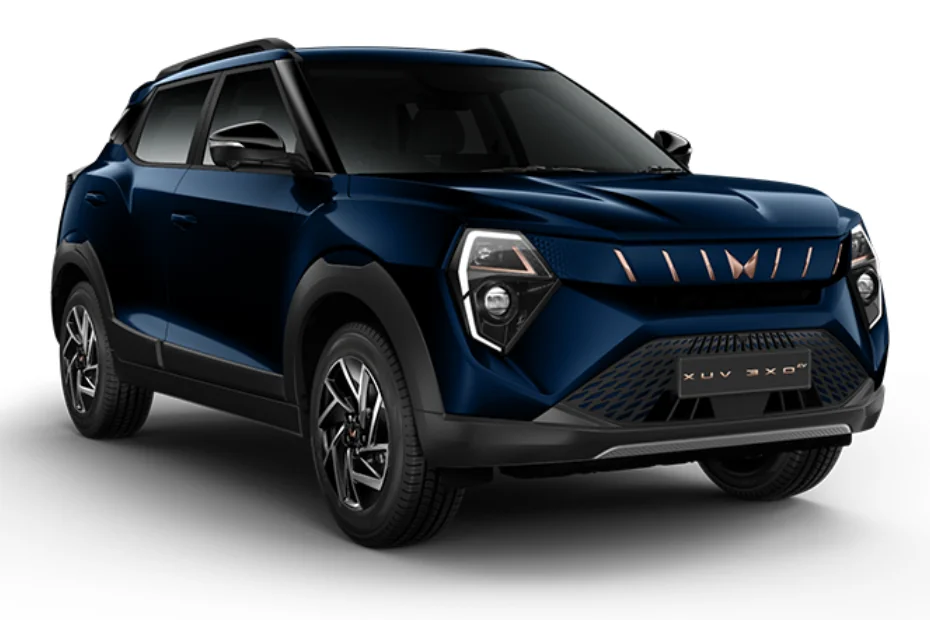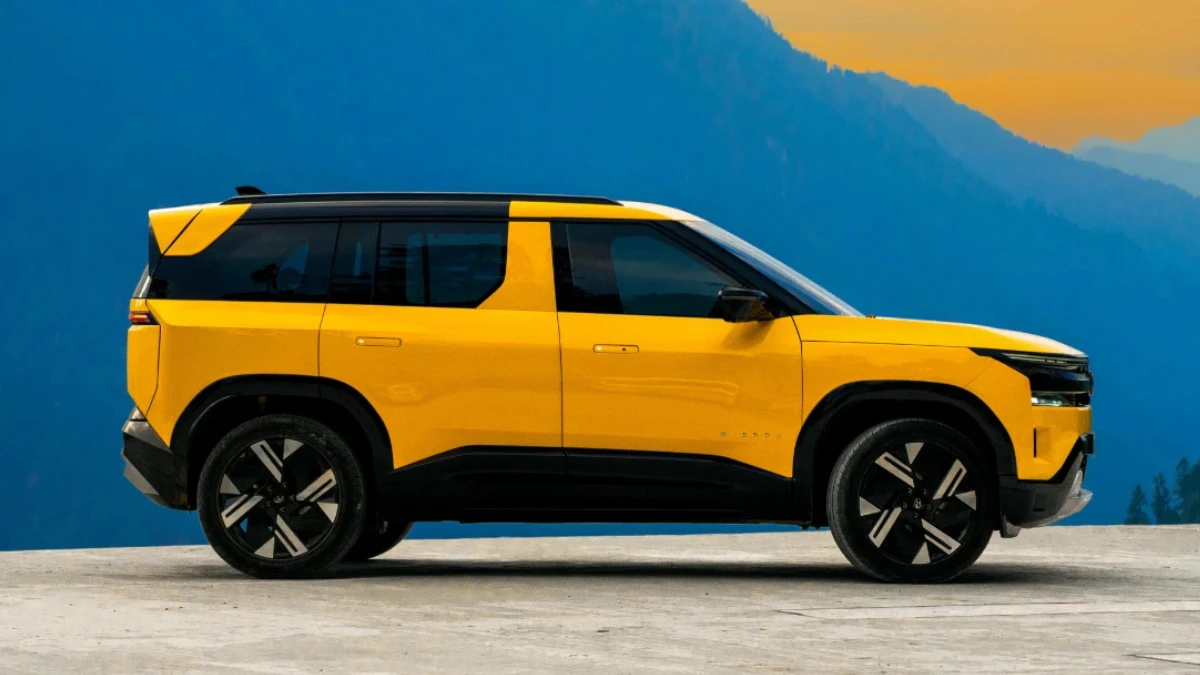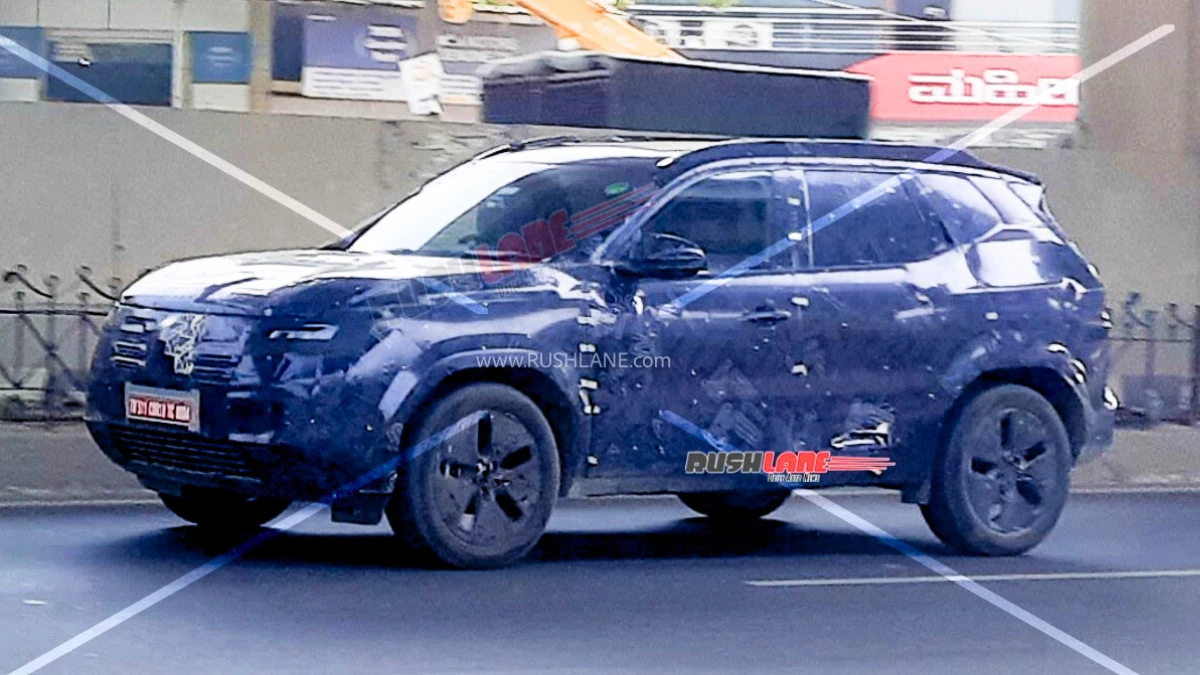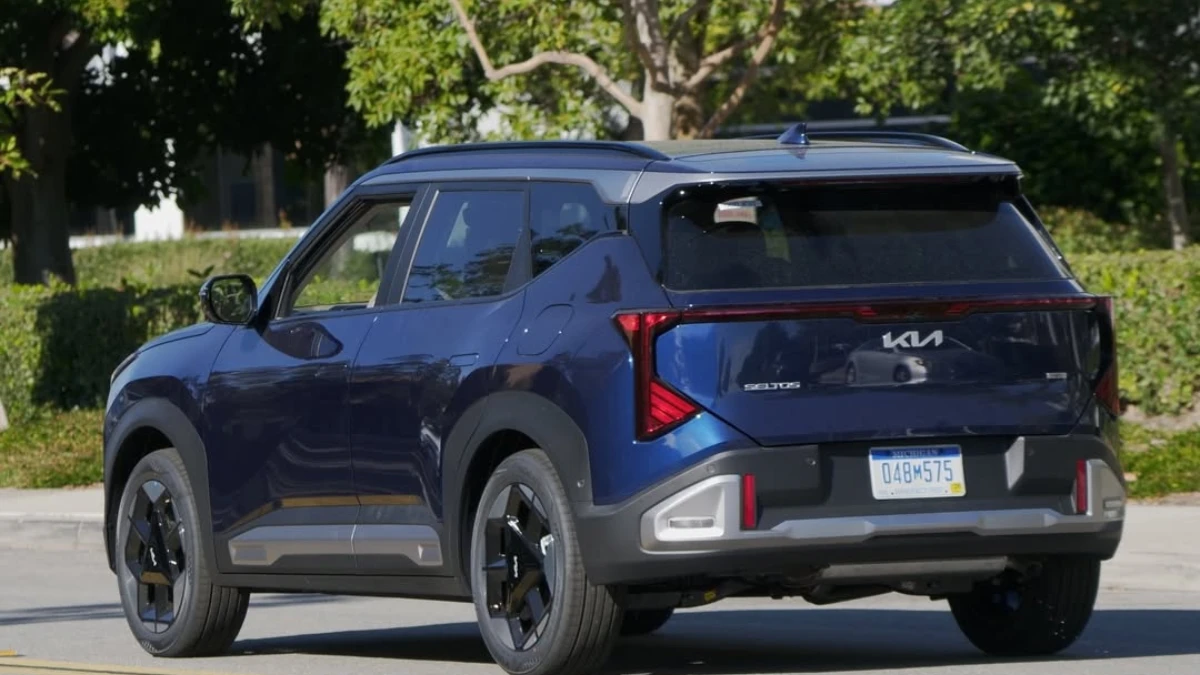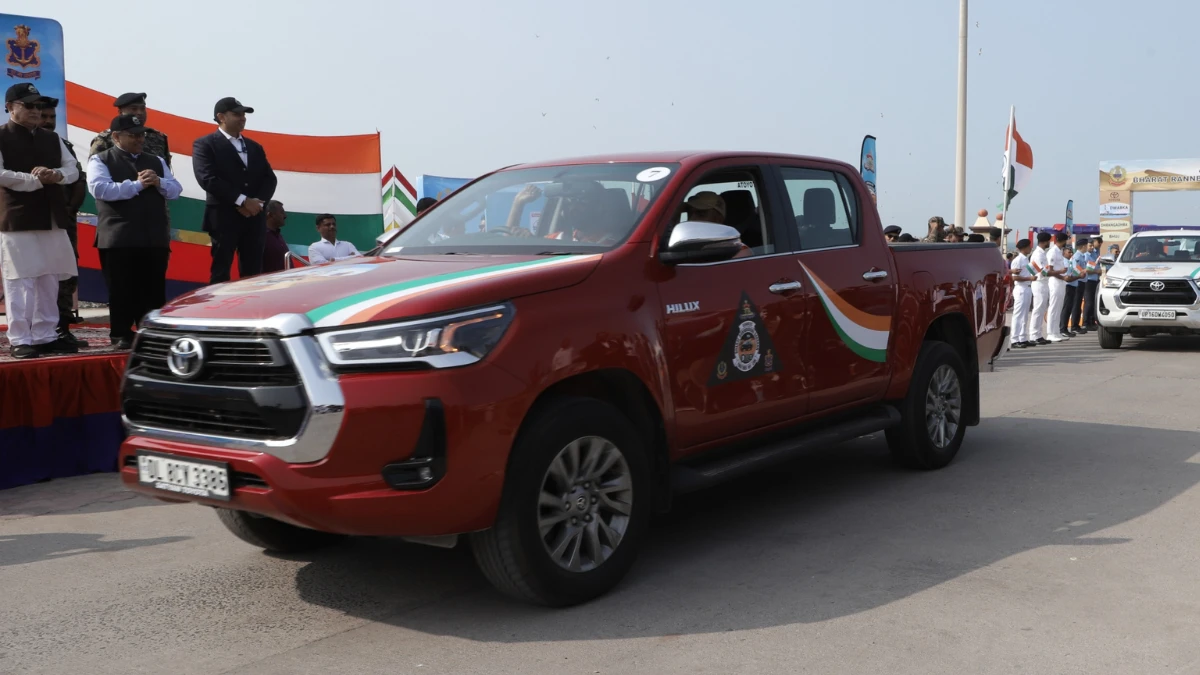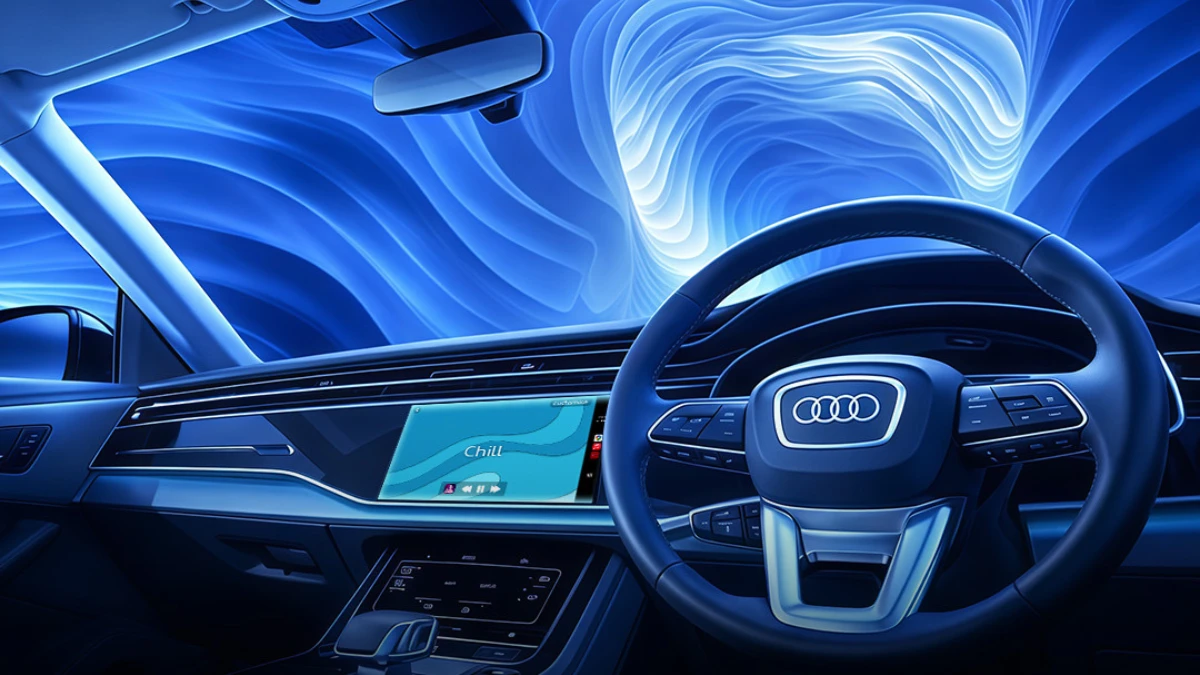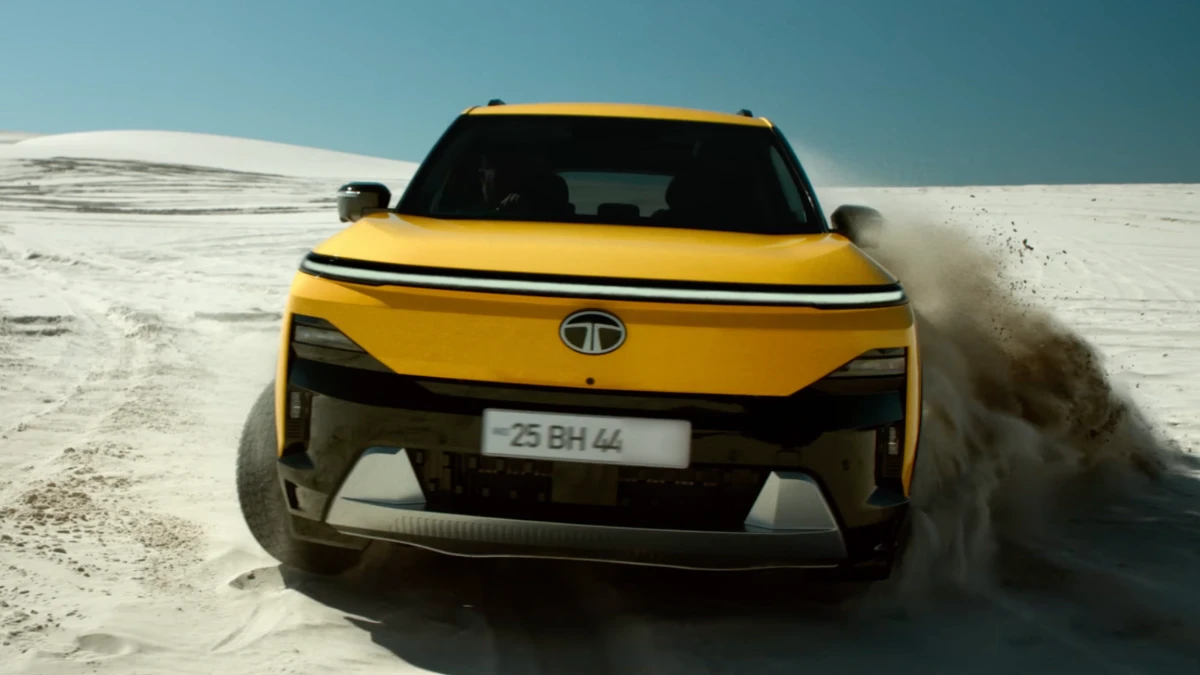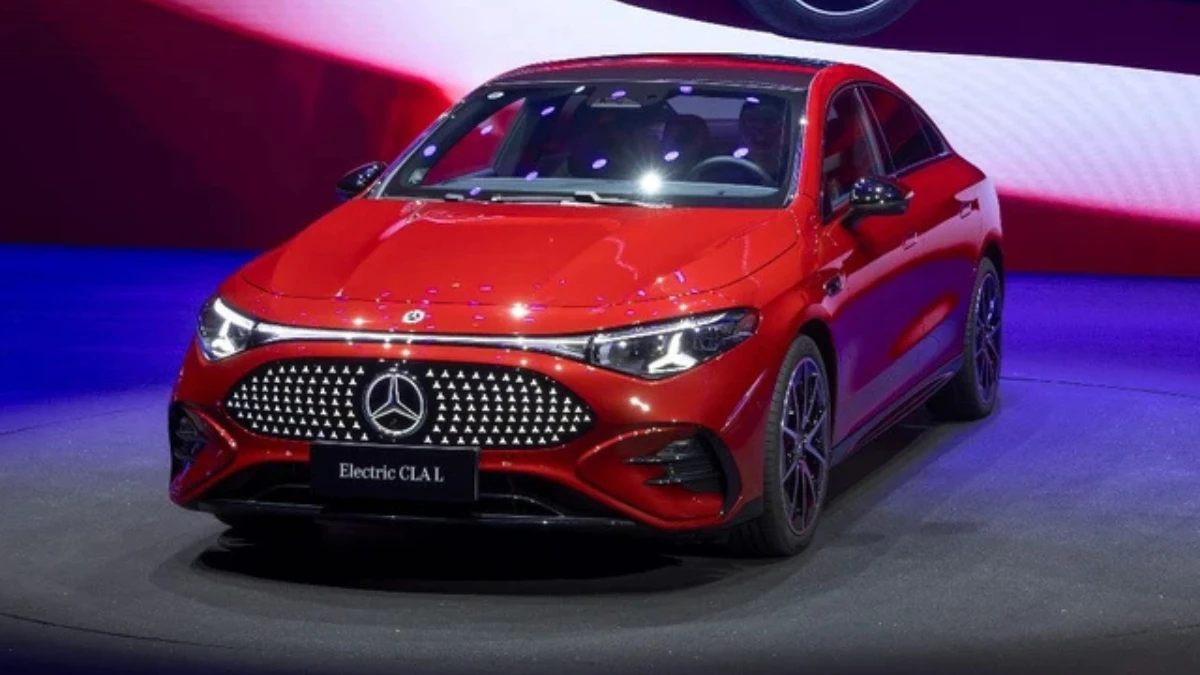Can Tesla Conquer India? The Real Challenge of Winning Price-Sensitive Buyers

After years of hype and talks, Tesla is now finally entering the Indian market. India is the world's one of the most rapidly growing automobile markets and also has immense scope for electric cars (EVs). But Tesla will enter with the face of many factors, mainly with Indian consumers' price-sensitive culture and a poorly developed charging network. To be truly successful, Tesla will need to carefully deal with these matters.
The Potential of the Indian Market
India possesses one of the largest automobile manufacturing industries in the world. In spite of the relatively low level of electric car adoption, the Indian government is doing all it can to increase the market share of EVs in the country. India also hopes to see 30% of new car sales be electric by 2030, and this would be an interesting market for EV manufacturers like Tesla.
Tesla recognizes this opportunity, most notably in India's growing middle class, as Indian consumers turn to luxury automobiles. Tesla sees opportunity in renewable energy as well, selling solar power through products like the Powerwall battery.
The Challenge of Price Sensitivity
While India is a lucrative market for EVs, the issue Tesla has is that Indians are very price-sensitive. Tesla is now quite pricey relative to locally produced electric cars such as Tata Motors' Nexon EV and Mahindra's Be 6 or XEV 9e. The Tesla model such as the Model 3 would cost about $40,000, which in India is a luxury where Indians buy anything at discounted prices.
This price gap puts Tesla in a direct competition with luxury models of automaker brands such as Mercedes-Benz, BMW, and Audi, not mass-market models. Tesla would have to come up with a lower-version more appropriate for India's price-sensitive market to compete.
Infrastructure and Road Conditions
One of the most significant issues Tesla will have to contend with in India is a lack of charging stations. There are hardly 25,000 charging stations throughout the country, and it would be difficult for EV owners to locate a charging station. Even though the government is attempting to raise the number of stations, there will be a time lag before such infrastructure becomes available to the masses.
Second, the ground clearance of Tesla cars is low, and that is not ideal on India's bad roads. Converting Tesla cars into Indian road cars might cost a lot, again driving up the price and making them less competitive.
Government Support and Policies
Indian government has been trying to spur the adoption of EVs by providing incentives to producers and users. It has also reduced import duty on EVs, which would enable Tesla to reduce prices. The incentives are primarily for producers who would like to set up local production lines. Tesla has expressed interest in having a factory in India but would need to invest heavily in local manufacturing.
Tesla's entry is facilitated by an electric car national push, and other states are also offering other inducements to attract foreign makers. The rising proportion of high-end cars in the Indian automotive market can also be suitable for Tesla, i.e., its brand name and prestige image.
Competition from Local Manufacturers
Tata Motors and Mahindra command more than 80% market share in India's EV market. They price their models much lower than Tesla, and thus within reach of most Indian buyers. Indian firms are also investing in improving their EV models, which would now be even low cost compared to global majors such as Tesla.
But Tesla's advanced technology like its battery life, user interface, and capabilities like Autopilot can be a competitive advantage over local players in the luxury EV market. Even in rivalry, Tesla's international brand presence and growing popularity of luxury cars in India might help it find a niche clientele.
Tesla's Strategy for India
Tesla has started its operations in India by opening a showroom in Mumbai, from which it will enter India with great fanfare. Tesla imports vehicles in the beginning but models like the Model 3 and the Model Y are in the offing. These vehicles can have a price bracket of Rs. 35-70 lakh.
Even though the company is not currently going to build a factory, it is negotiating with the Indian government for building a local factory. This will allow Tesla to reduce its cost of production and hence reduce its car price.
About Author
Kritika Dadhich, a skilled writer who seamlessly juggles her roles as a blogger and poet. With a deep love for cars and a talent for storytelling, she brings fresh insights and captivating narratives. Join her on an exciting journey through the world of automobiles.
Top Car Brands in India
Top Car Brands in India
Trending Car News in India
Trending Cars in India
Trusted Dealer
All Over India
Irresistible Offers
Stay Updated, Pay Less
Compare Cars
Choose the Right Car
Easy Finance
Multiple Finance Options

Monday - Saturday
10:00am - 6:30pm
+91 7947722777, +91 7479000444, +91 9311718549
contact@carlelo.com









